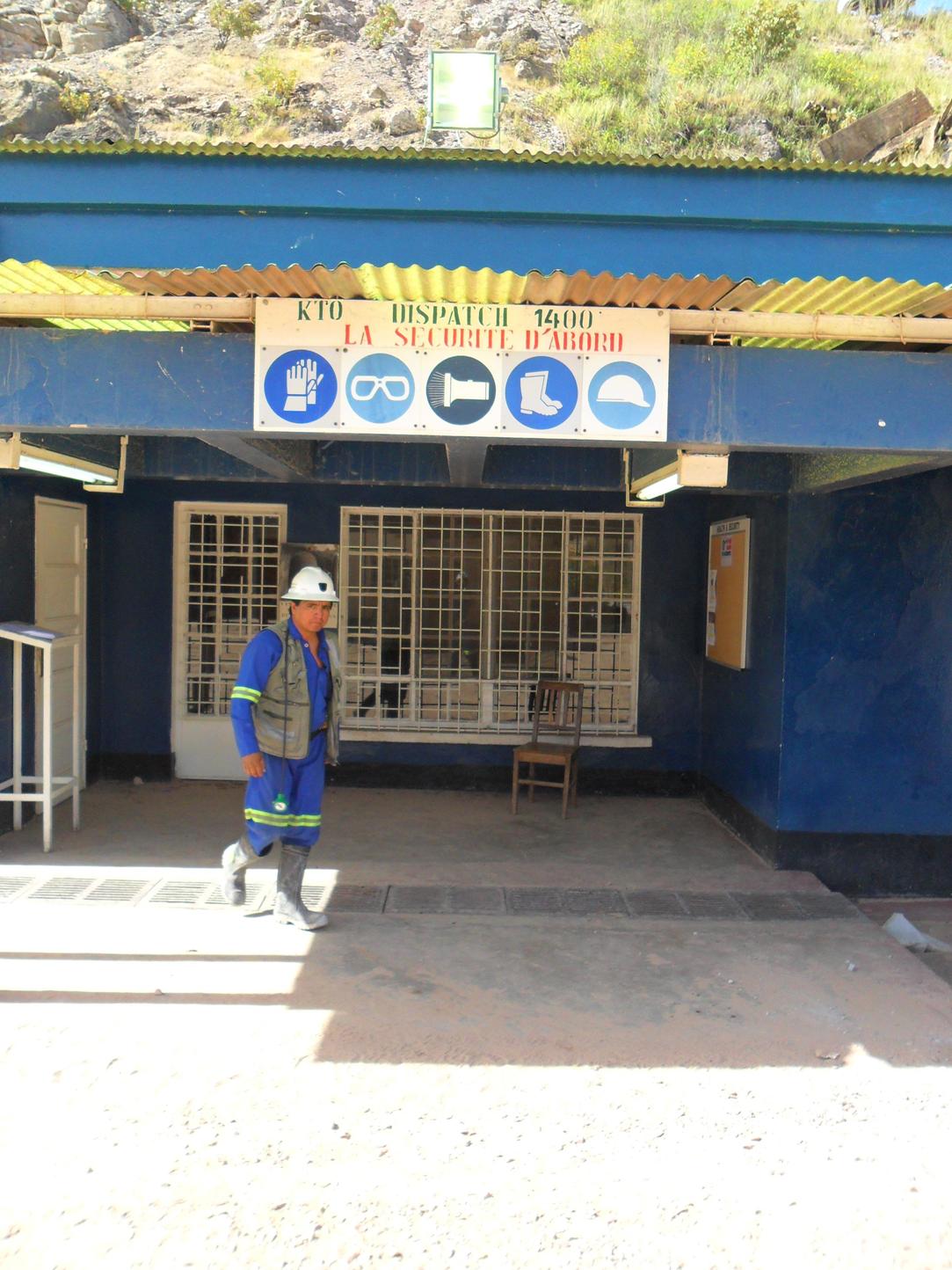KINSHASA-Lusaka, Sept 11 (Reuters) – Congolese miner Kamoto Copper Company (KCC) , controlled by Glencore, said on Friday it was suspending production of copper and cobalt due to weak commodity prices but would pursue a planned $880 million modernisation project to cut costs.
KCC said in a statement it would maintain at least 80 percent of its existing workforce during the shutdown, which was announced this week in Glencore’s results.
« The company has analysed numerous options but faces no viable alternative in light of the challenging environment for commodities, » the statement said.
It added that KCC would follow through on an existing investment in refurbishments to power plants at the Inga hydroelectric dam in southwestern Congo and transmission lines to the copper-mining southeast of the country.
Glencore estimates that the upgrades will bring down production costs from more than $2.50 per pound to about $1.65 per pound.
The announcement followed a meeting between a Glencore delegation and government representatives on Thursday in the capital Kinshasa. In its statement, KCC said it would take into account the issues raised by the government without elaborating.
Congo, Africa’s biggest copper producer, mined more than 1 million tonnes of the metal for the first time ever in 2014. The country’s chamber of mines said last month that it expected production to dip slightly in 2015 due to chronic power shortages.
The value of Congo’s copper exports, which represents more than half the value of its total exports, fell by 25.8 percent in the first half of 2015 compared to the same period last year as prices fell on the back of fears of slowing demand in China, the world’s top industrial metals consumer.
The KCC joint-venture is controlled by the Swiss mining and trading company, while Democratic Republic of Congo’s state mining company Gécamines and Israeli billionaire Dan Gertler’s Fleurette Group both hold minority stakes.
In Zambia, Glencore subsidiary Mopani Copper Mines (MCM) will retain most of its workers even after copper production is suspended following a drop on the metal’s price, a source close to the company said on Friday.
An electricity shortage in the southern African nation and weaker copper prices have put pressure on the mining industry, threatening output, jobs and economic growth in Africa’s second-biggest copper producer.
The source said Mopani was in talks with the government and unions over Glencore’s plan to suspend operations and invest to improve efficiency at the mine.
The president of Zambia’s largest mining union said the move by the government could help save thousands of jobs.
« Over the next 18 months, Mopani will invest $500 million in expansion projects. A large number of employees are expected to be kept for mine development and care and maintenance, » the source told Reuters.
« We want Mopani to be efficient and competitive in the global copper market. It will also extend the mine life. »
Mining and trading company Glencore said on Monday it would suspended dividends, sell assets and suspend some copper production at Mopani and its Katanga Mining division in Democratic Republic of Congo for 18 months.
Mopani is the second largest employer in Zambia after the government with about 21,000 direct and contract workers.
Mopani would offer workers at the mining firm voluntary separation packages in line with Zambian law after the talks with the government ended, the source said.
A second source said the company was talking to the government and unions, but job cuts had not be discussed.
« As far as we are concerned everything is normal. We are undertaking a study to optimise our production efficiency with the unions and the government. Until we conclude that study we can’t make any pronouncements, » the source at Mopani said.
Glencore, Vedanta Resources, China’s NFC Africa and CNMC Luanshya Copper Mine have all said they will shut down some operations in Zambia because of the harsh business environment.
Electricity shortages and the slide in copper have driven the kwacha currency to record lows amid a sell-off in commodity-linked currencies as China’s economy slows.






